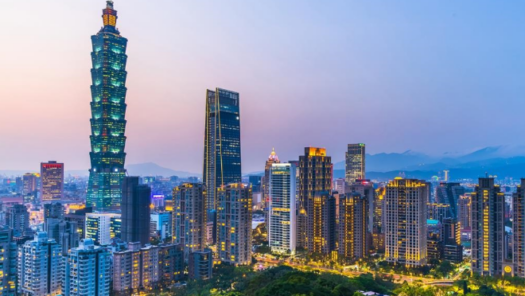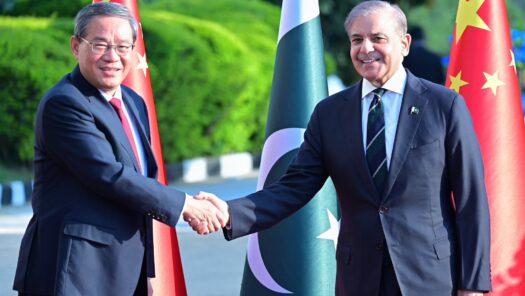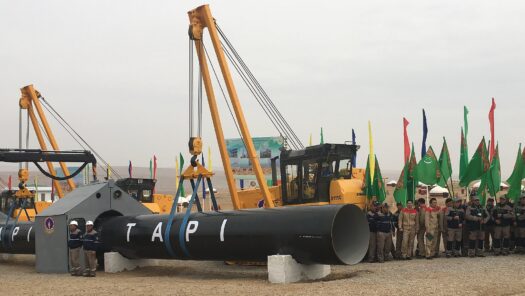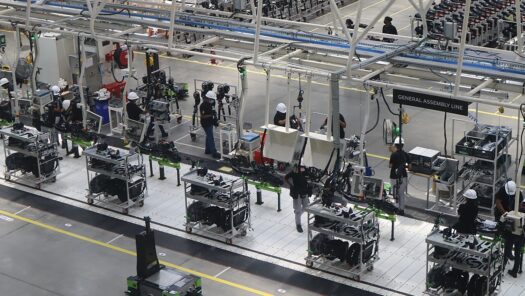Economics
Return to article
India-Taiwan Convergence: Towards A Strategic Partnership
It has become increasingly evident to much of the Indian strategic community that despite rhetoric, China does not share India's desire for friendship and cooperation. Since 2007, China has consistently asserted an aggressive posture in its longstanding border dispute with…

Pakistan in 2024: Economic Strife, Political Resentment, & Security Pressures Spell Gloom
Pakistan is experiencing multiple crises at once, both at its core and its periphery. The protracted concerns of political instability, economic recession, nation-building anxieties, and threats to security have combined into what many commentators have termed the state’s polycrisis. As…

Trump 2.0 Could Recalibrate U.S. Indo-Pacific Engagements
The just-concluded U.S. election was a dramatic showdown in more ways than one, leaving observers on edge as both a Republican and a Democratic win seemed equally plausible. Ultimately, Donald Trump clinched an unexpectedly decisive victory, securing both the popular…

India Should Take a Proactive Interest in the TAPI Pipeline
On September 11, 2024, the Taliban regime in Afghanistan declared a public holiday in Herat to mark the resumption of work on the Turkmenistan-Afghanistan-Pakistan-India (TAPI) gas pipeline. At the inauguration ceremony, Taliban chief Mohammad Hassan Akhund and President Serdar Berdimuhamedov…

Rare Earths, Rare Opportunity: India’s Potential in Easing China’s Chokehold
On October 3, the United States and India announced a major agreement in one of the priority sectors for both countries – critical minerals supply chain cooperation. The two sides vowed to “expand and diversify” supply routes and leverage complementary…

Why India Cannot Skip Manufacturing-Led Growth
After the Bharatiya Janata Party (BJP) lost its single-party majority in the recently concluded Lok Sabha elections in India, some analysts argued that the BJP's loss of seats was driven by economic concerns — especially, high unemployment. For the new…